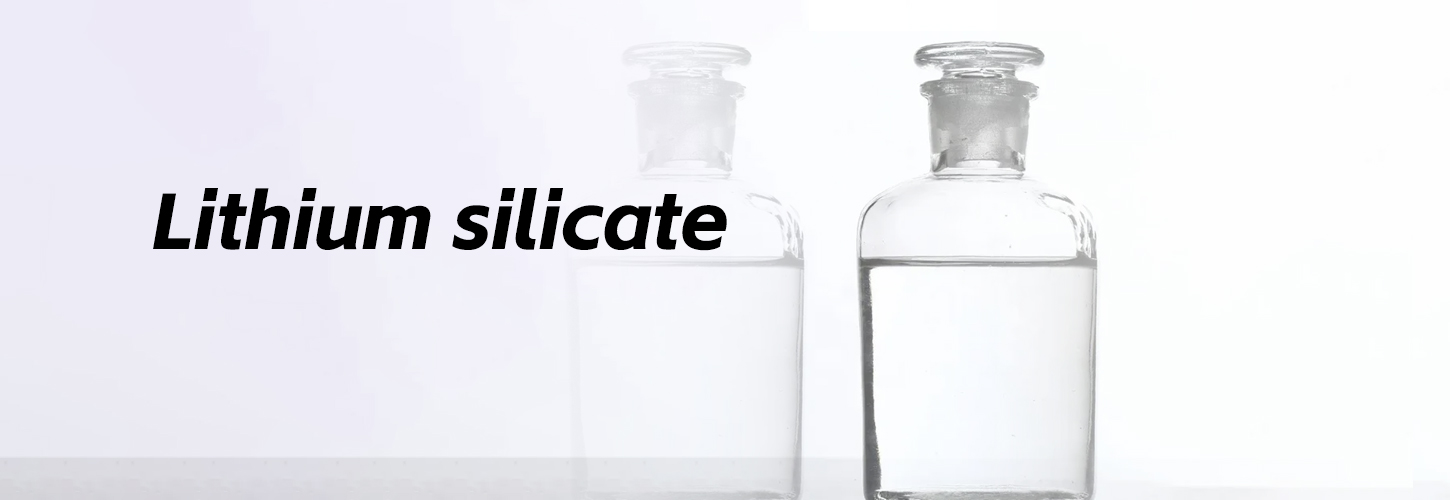
Lithium Silicate — Advanced Solution for Durable Concrete and Flooring
2025-11-24 17:38Lithium silicate is a high-performance inorganic treatment used to densify, harden, and protect concrete surfaces. Because of its small ionic radius and favorable reaction kinetics with free calcium in cementitious matrices, lithium silicate is widely adopted where long-term abrasion resistance, low dusting, and improved chemical resistance are required.
Key Benefits for Construction
Deep pore penetration & densification — lithium silicate penetrates capillaries and reacts with calcium hydroxide to produce additional C–S–H gel, reducing porosity and increasing surface hardness.
Improved abrasion and wear resistance — treated floors show substantially lower wear rates, ideal for warehouses, airports, logistics centers, and commercial floors.
Reduced surface dusting — by converting loose surface calcium compounds into bound C–S–H, lithium silicate minimizes fine-powder generation and cleaning frequency.
Enhanced chemical and stain resistance — denser surfaces resist oil, fuel, de-icing salts and many common spills better than untreated concrete.
Maintains breathability — unlike some film-forming sealers, lithium silicate consolidates the matrix while allowing vapor diffusion, reducing blistering or delamination risk.
Typical Applications
Industrial and commercial flooring (warehouses, factories)
Public infrastructure (airport terminals, transit hubs)
Polished concrete systems (as a densifier pre- or post-grind)
Underground parking decks and ramps
High-traffic retail and logistics surfaces
Application Guidelines (Practical Tips)
Surface preparation — remove laitance, curing compounds, grease and contaminants; mechanical grinding or shot-blasting yields the best penetration.
Timing — apply after final cure is sufficient (commonly 7–28 days depending on mix and environment) or as part of a polishing schedule; avoid applying to freshly poured, uncured concrete.
Dilution & dosing — follow supplier instructions; typical concentrations vary with product and substrate porosity. Over-application wastes material and can reduce effectiveness.
Method — low-pressure spray, roller, or squeegee application with uniform coverage; allow dwell time for penetration then remove excess to avoid surface residue.
Curing & follow-up — allow full reaction time before heavy traffic; in polished systems, densification can be combined with subsequent polishing passes for higher gloss and hardness.
Compatibility & Performance Considerations
Cement chemistry — lithium silicate is effective with most Portland cement systems; performance is influenced by available free Ca(OH)₂ and substrate porosity.
Admixtures & additives — prior admixtures (e.g., retarders, certain curing compounds) can affect reaction — coordinate with mix designers.
Environmental conditions — high temperatures accelerate reaction; in cold climates, ensure adequate curing and reaction time.
Safety & handling — standard inorganic chemical precautions apply: use PPE, avoid skin/eye contact, and store per manufacturer guidance.
Why Choose High-Quality Lithium Silicate from a Trusted Supplier
Reliable performance starts with consistent, high-purity material and technical support. A quality supplier will offer:
Batch consistency and certificates of analysis
Technical guidance for dosing and on-site application
Local logistics support to ensure timely deliveries
Case-proven recommendations tailored to climate and project type
Short Case Reference
One large-scale Istanbul terminal chose lithium silicate for its concrete flooring hardening — the result was visibly improved wear resistance and reduced maintenance in the first year of operation.

